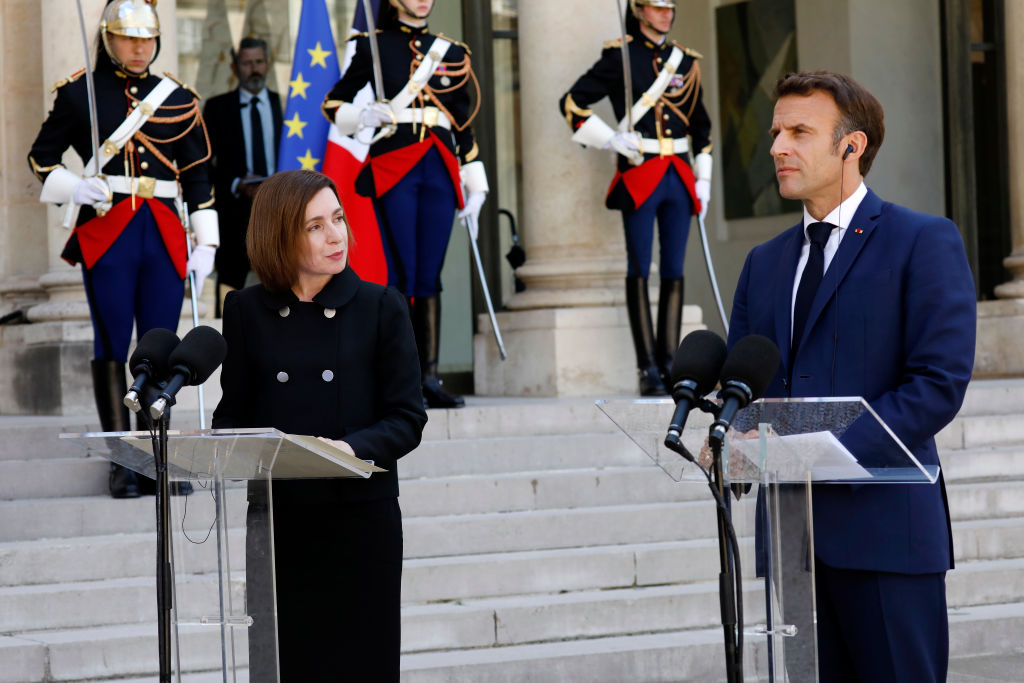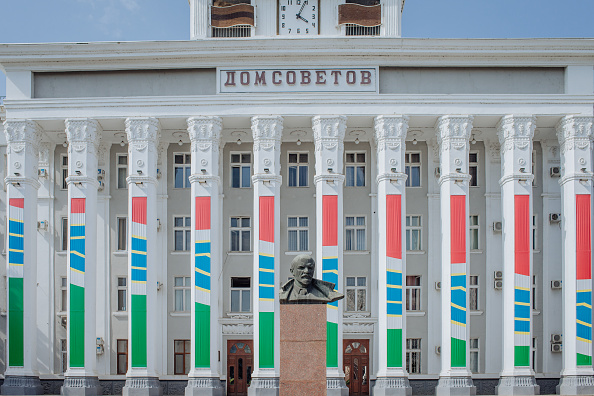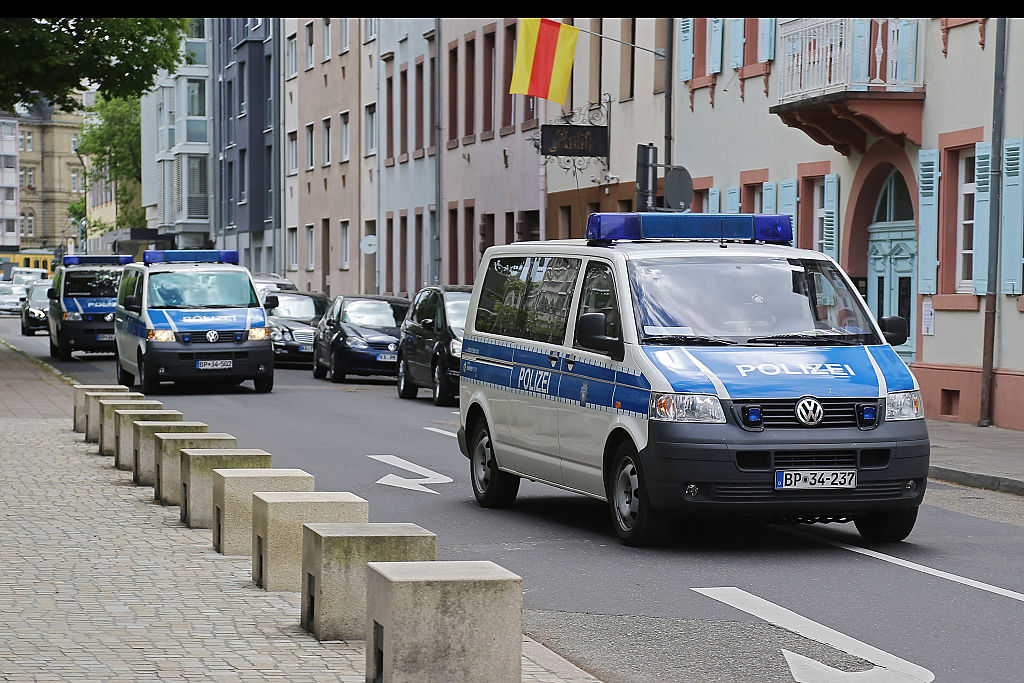France signed a defence co-operation accord with Moldova, as its President Maia Sandu warned that Russia was renewing efforts to destabilise her country and that if Russian President Vladimir Putin was not stopped in Ukraine he would keep going.
Sandu signed the deal on March 7 as part of her visit to Paris, where she also aimed to forge an economic roadmap. It came as Western states seek to strengthen the former Soviet county’s capabilities amid what it fears are increasing destabilisation efforts by Russia.
“If the aggressor is not stopped, he will keep going, and the front line will keep moving closer. Closer to us. Closer to you,” Sandu said.
“Europe must, therefore, present a united front.”
Moldova, a Western neighbour of Ukraine with a relatively tiny defence budget, has seen long-tense relations with Moscow worsen as it backs Ukraine in the war.
Russia has troops and peacekeepers based in Transnistria, a breakaway statelet of Moldova that has maintained its autonomy for three decades – with Kremlin support.
Moscow says it was forced to intervene in Ukraine two years ago to protect itself against aggression and threats from the NATO military alliance and that claims of further territorial ambitions are unfounded scaremongering by the West.
The defence accord sets the legal framework for future training, regular dialogue and intelligence sharing.
A French defence mission will open in Moldova’s capital Chisinau by the summer to help assess needs and talks have begun on possible weapons’ contracts, the French defence ministry said.
French President Emmanuel Macron said the agreement marked France’s determination to protect and help Moldova.
Moldova’s spy chief said recently the Kremlin was planning fresh attempts to meddle by provoking protests, interfering in an upcoming presidential election and disrupting the country’s plans to join the European Union.
“The regime in Moscow seeks to control my country through energy blackmail, sponsoring protests, running disinformation campaigns, launching cyber attacks, interfering in our elections, pouring in dirty money and even attempting a coup,” Sandu said.
“But – we stand tall.”





